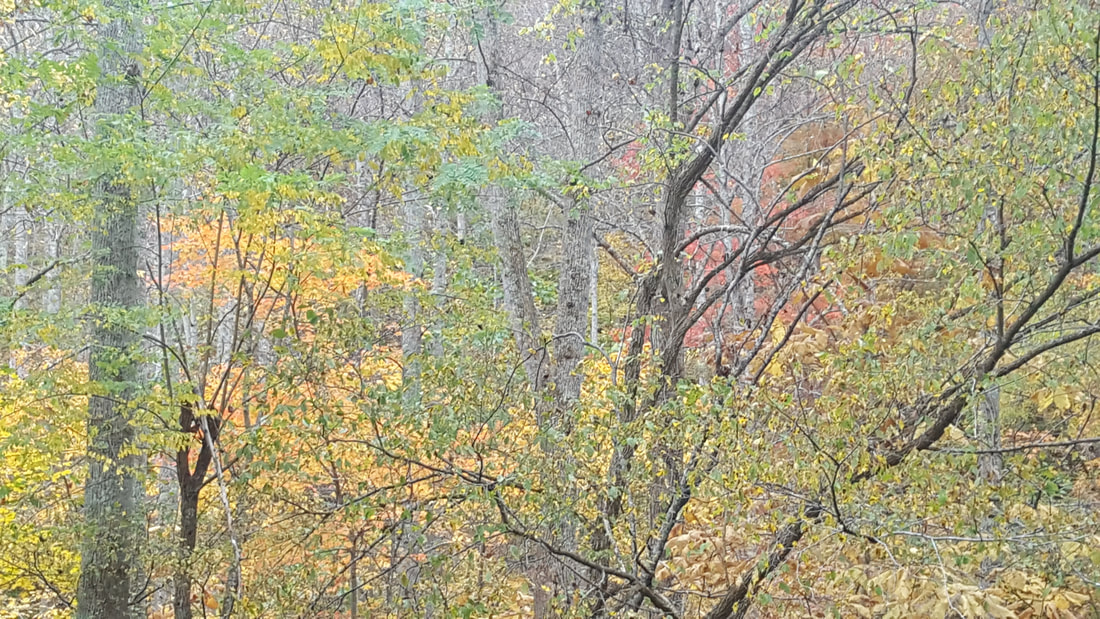
The fall landscape and weather remain colorful and somewhat mild into November, and we are again sharing our gratitude for the incredible community of Appalachia-Science in the Public Interest (ASPI) supporters, partners, and participants! After 46 years, ASPI continues serving the local community and Appalachian region. This year, we again operated without paid leadership but with valuable help from volunteers and contract labor, and we also provided housing, networking opportunities, educational programming, and partnership collaborations and contributions.
The ASPI board continues maintaining daily operations and communications with some part-time staff support and volunteers. Board President Timi Reedy and Secretary Tammy Clemons work both remotely and at the main office. We maintain contact with board member and former residential volunteer Father Jack Kieffer and welcome new board member Judy Sizemore who has been involved with ASPI for a couple of years through Mountain Association (MA) consultancy and the SPARK Program for Small nonprofit Peers Accelerating Rural (Eastern) Kentucky. ASPI continues implementing the strategic plan we developed with Judy as well as our accessibility statement and objectives (https://bit.ly/ASPI-Accessibility).
Physical improvements to the main ASPI Office in Mt. Vernon include new lighting, a more accessible toilet, and additional plumbing repairs. We passed plumbing and preliminary health inspections toward completing the final requirements for a publicly accessible certified kitchen. With a small grounds/garden crew this year, the ASPI orchard, beds, and greenhouse produced medicinal herbs, tomatoes, peppers, okra, berries, apples, and pears.
|
ASPI’s solar array and Level 2 electric vehicle (EV) charging station fuel our demonstration EV, which generates conversation with a diverse range of people locally and regionally and provides valuable data about efficiently using and effectively educating about alternative energy. The complete MA Energy Team has made a couple of site visits to both the Mount Vernon office and River property to learn more about ASPI’s EV and overall net-metering and charging systems. “Boost” charging elevates the EV charging rate about 25 percent more than a standard Level 2 EV charger during daylight hours. Having the solar system net metered with the electric utility allows any excess generation to be credited off future electric bills. Before the EV charger, this savings was considered at the value of a kWh (roughly $0.12 per kWh), but now we can also calculate this credit as EV miles banked (i.e., future charging available that is credited or banked with our electric utility). ASPI has banked about 50,000 EV miles to date!
|
From 2019-2022, ASPI served as fiscal sponsor for Arts Connect Eastern Kentucky, which now continues its important work under the non-profit umbrella of Recovering Joy Arts and Nature Center in Pulaski County. This year, ASPI received another grant from the Epiphany Catholic Church 10 Percent Commitment Fund, became a voting organizational member of the Waymakers Collective: Appalachian Arts and Culture Assembly, and received a 2023 Waymakers Radical Rest Grant. We also nominated and directed a portion of this grant to Owsley County Alliance for Recreation & Entertainment, a community-based, board-run non-profit organization and fellow SPARK member. ASPI tabled at the annual Appalachian Studies Association conference, which was held at Ohio University in Athens, Ohio in March, as well as the Kentucky Green Living Fair in Somerset in April.
|
In May, local mycologists Ron Owens and Jonny Wells shared their knowledge at a mushroom demonstration at the Rockcastle Farmer’s Market and a free public mushroom log inoculation workshop. About 50 people stopped by the demo and more than 40 people of all ages participated in the hands-on workshop for cultivating shiitake and winecap mushrooms. Workshop participants walked away with a free mushroom log and handouts.
ASPI also helped coordinate a Farmers’ Market meeting with Mountain Association Energy Associate Cameron Mott along with Senior Energy Analyst and former ASPI staff/board member Josh Bills to discuss solar and incentive opportunities for farms, and at least one family has already signed up. |
|
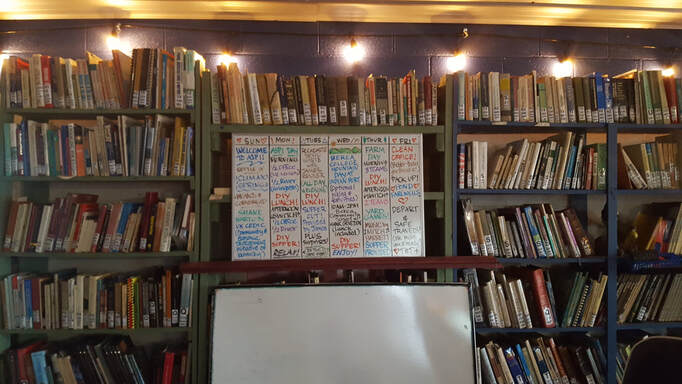
Thanks to all these people and organizations for making our work possible with special thanks to: Aaron Banther, Bugz Fraugg, Kyra Higgins, Mark Spencer, Judy Sizemore, Brent Bjorkman, Mark Brown, Camille Acosta, Delainey Bowers, Kopana Terry, Ann Ferrell, Wyatt Woodson, Jen Bartlett, Emily Hudson, Shannon Barrett, Nancy Seaberg, Gretchen Collins, Martin Mudd, Shannon Williams, River Jarvis, Jerry Bogie, Josh Bills, Ben Tatum, Father Al Fritsch, Father Jack Kieffer, Warren Brunner, Kitrina Kearfott, Emily Parrish, James Renner, Mahala King, Amy Weinfurtner, Ketaki Bhattacharyya, Donna Daniels, Chris Handberg, Ron Owens, Jonny Wells, Shane Barton, Mitch Barrett, Holly Robinson, Brenda and Donnie Parsons, Hank Gevedon, Ruff Family, Nicole Garneau, Melanie Abbott, and Brenda Richardson.
|
ASPI’s upcoming plans include improving and maintaining the Mt. Vernon and Livingston demonstration sites; implementing additional accessibility improvements; public access to a certified kitchen and EV charging stations; arts/culture programming; and ongoing community partnerships. We are forever grateful for the generous support and enthusiastic engagement of ASPI’s volunteers, community partners, project contractors, donors, and calendar fans.
|
Sincerely,
Timi Reedy (ASPI Board President) and Tammy Clemons (Board Secretary)
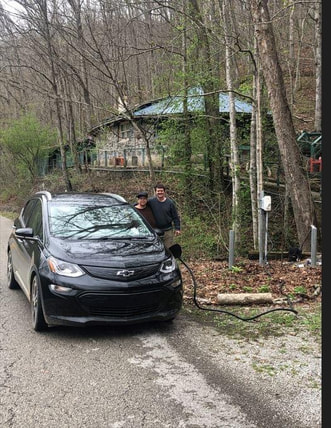
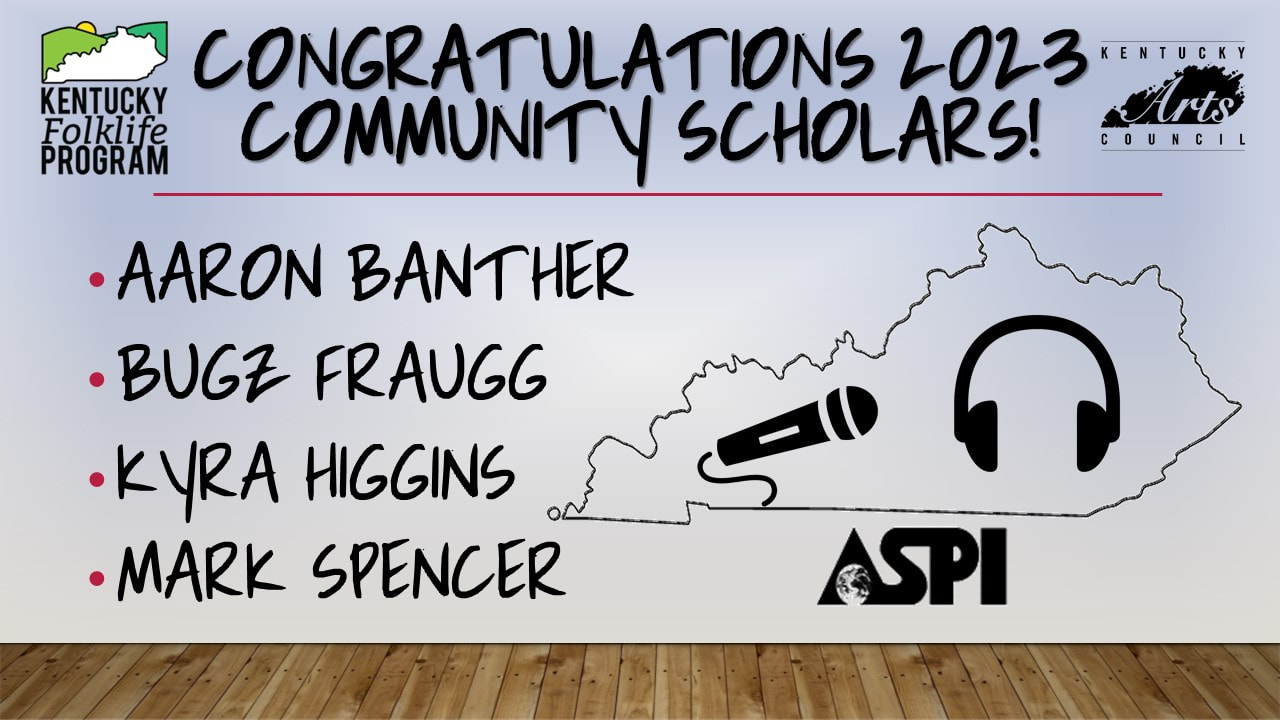


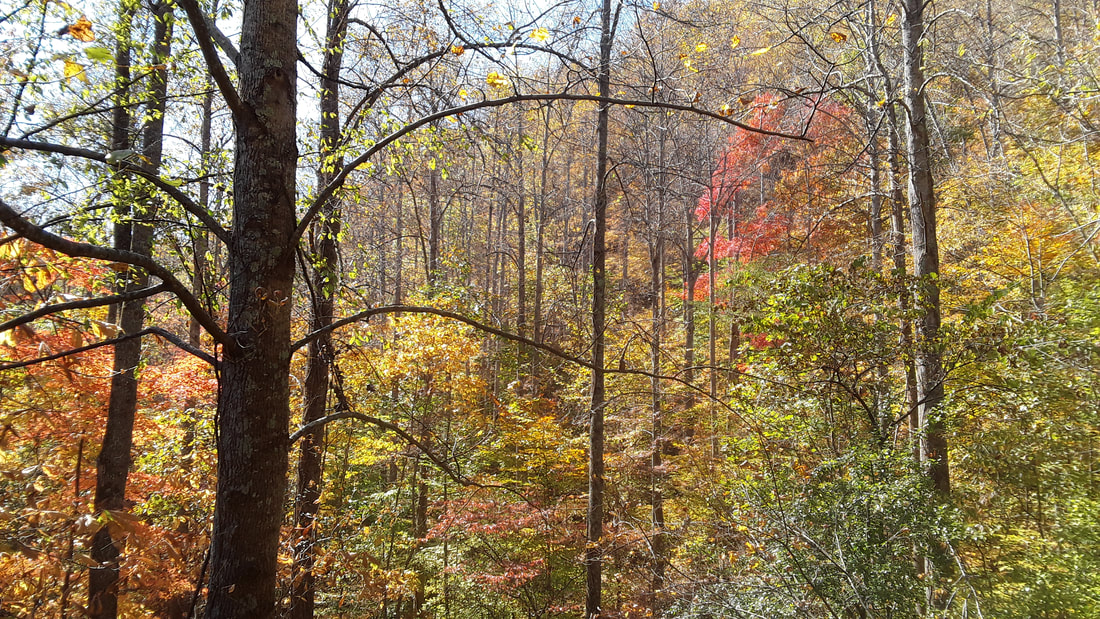
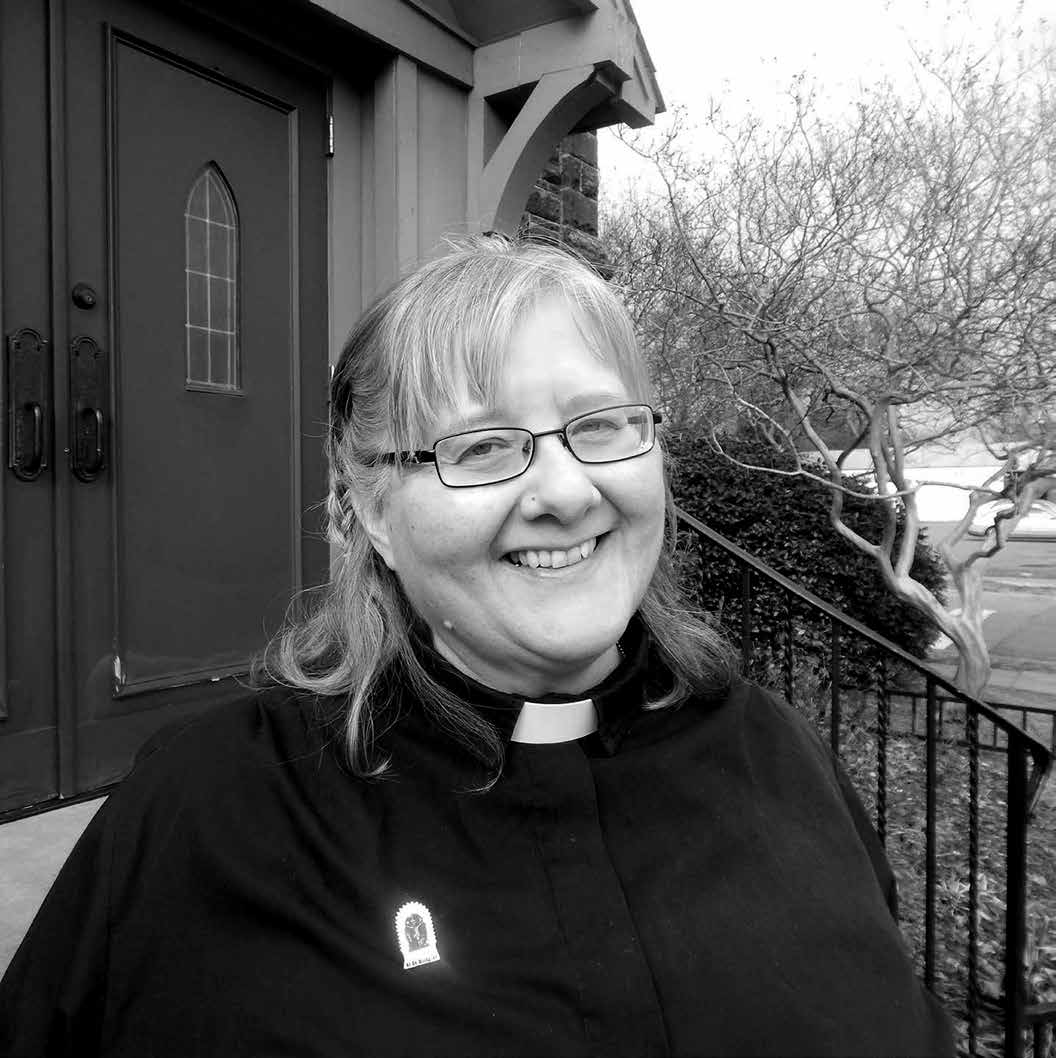



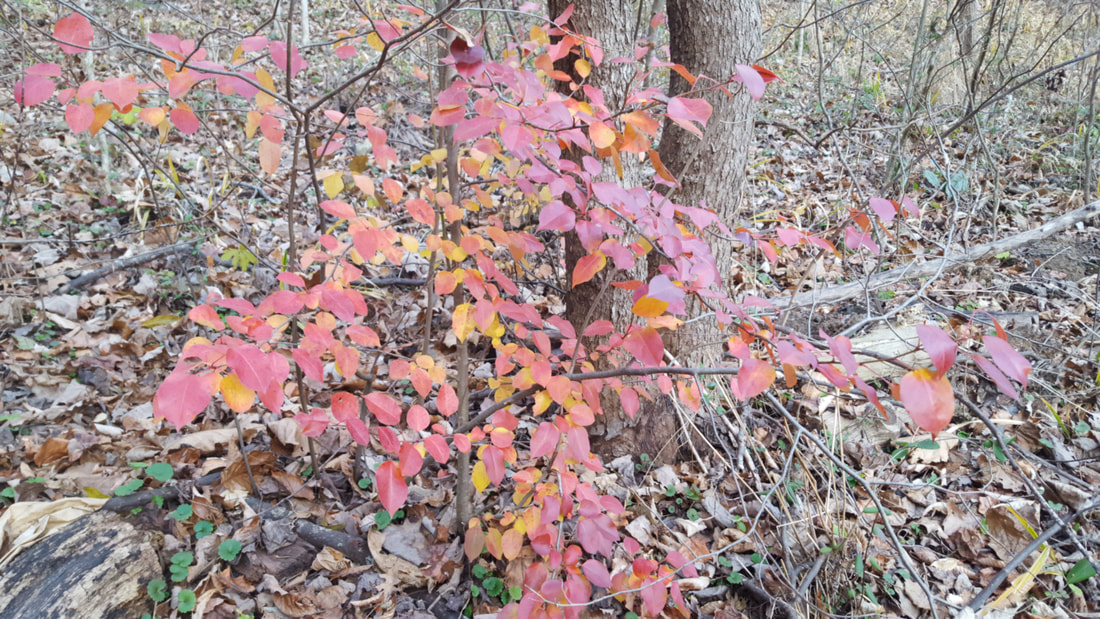
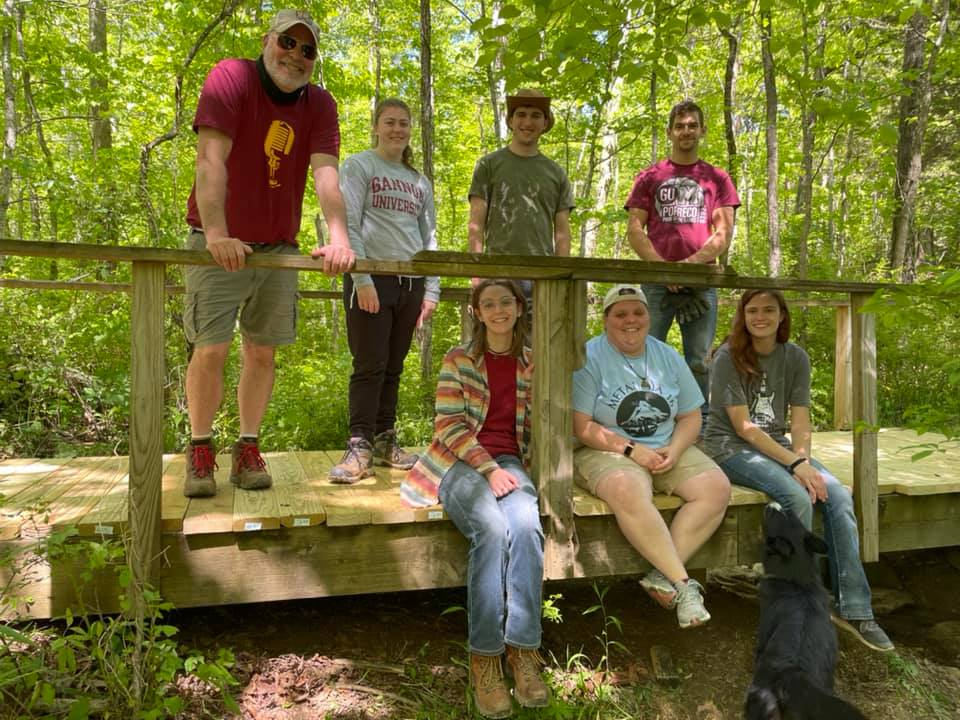

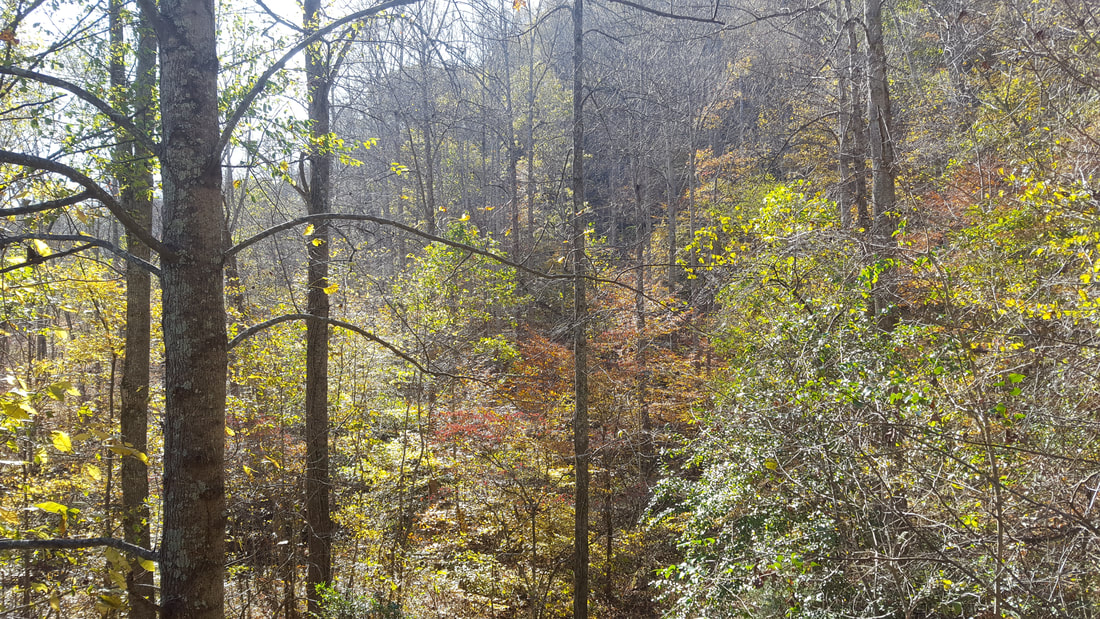
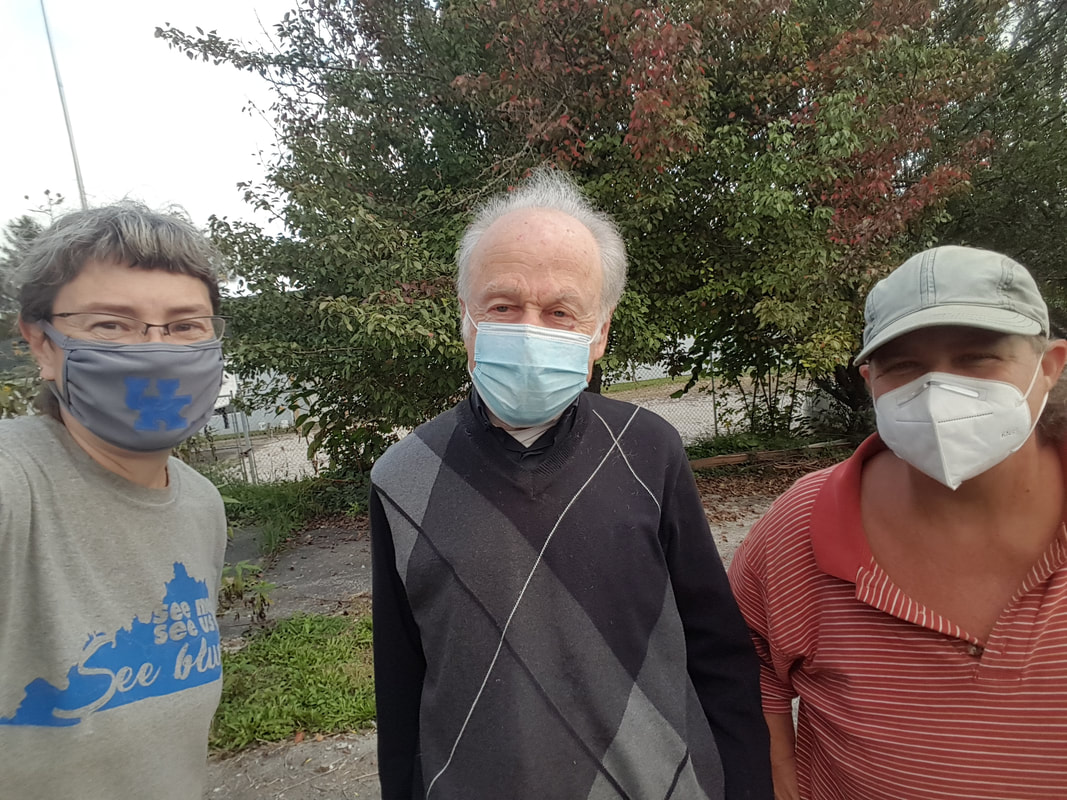
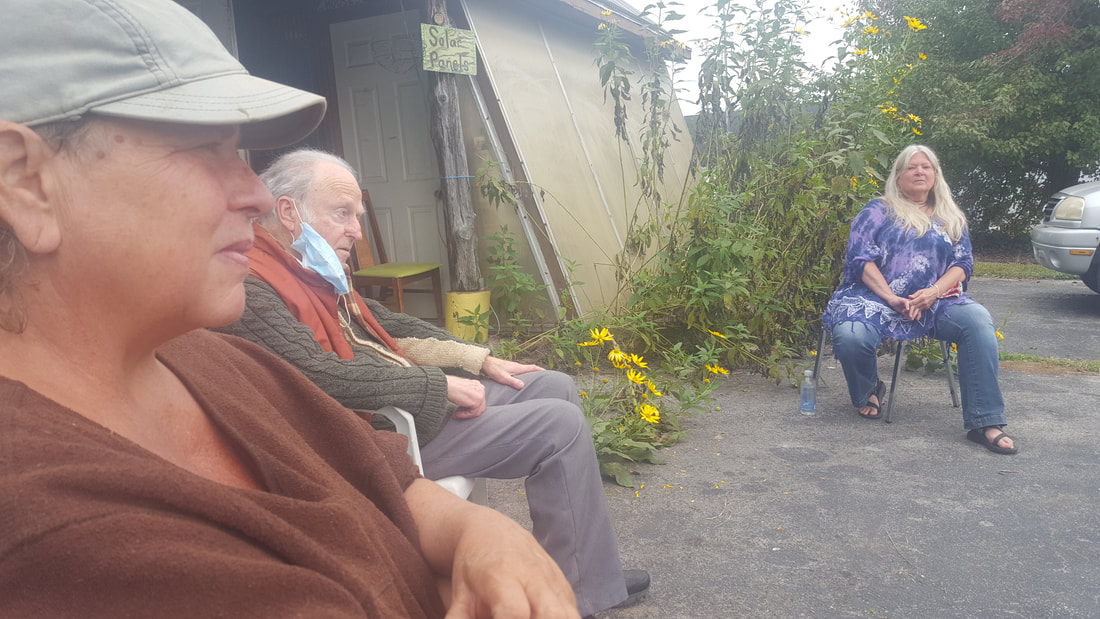
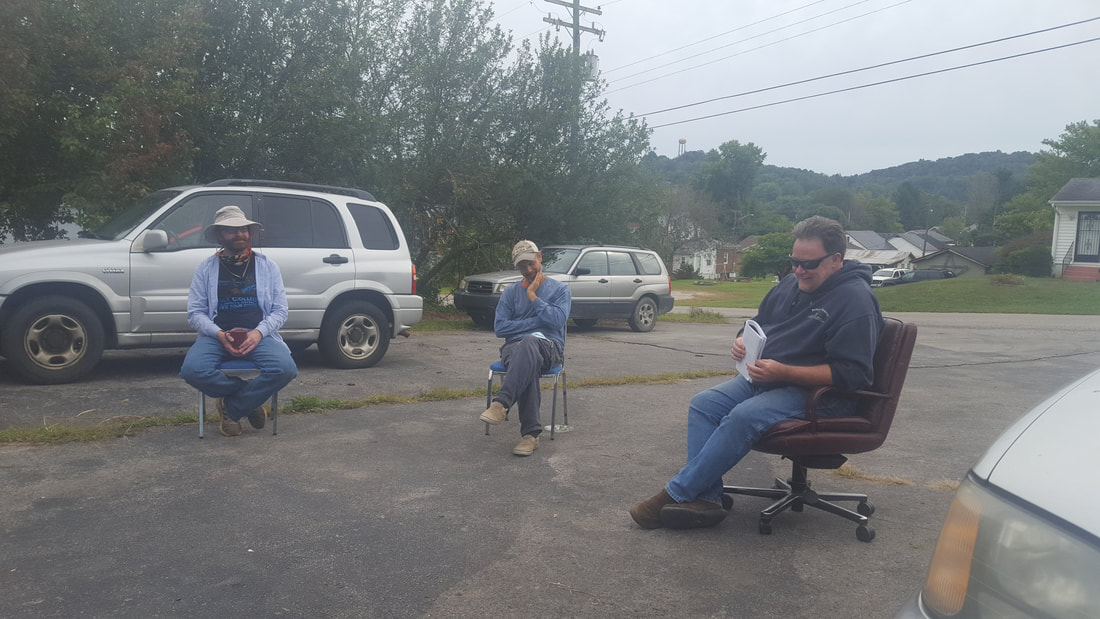

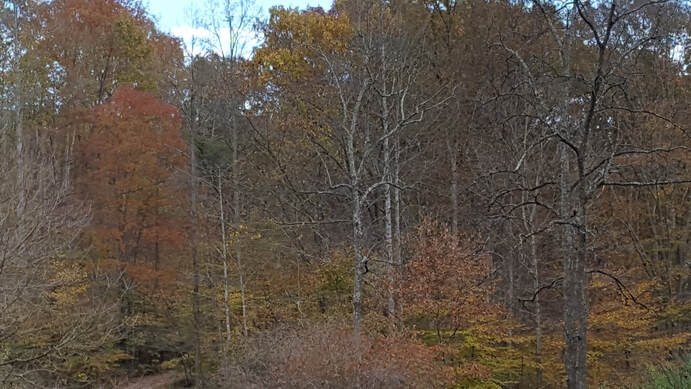
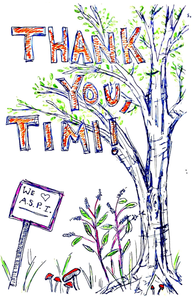

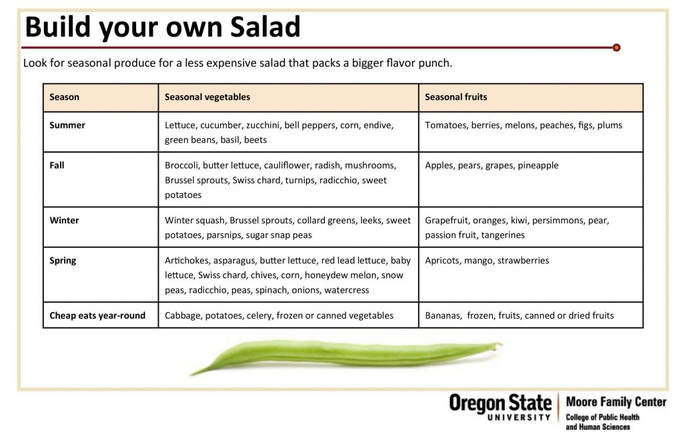
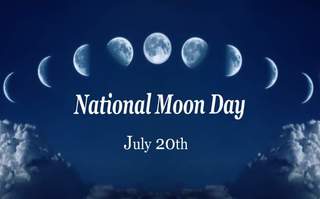
 RSS Feed
RSS Feed